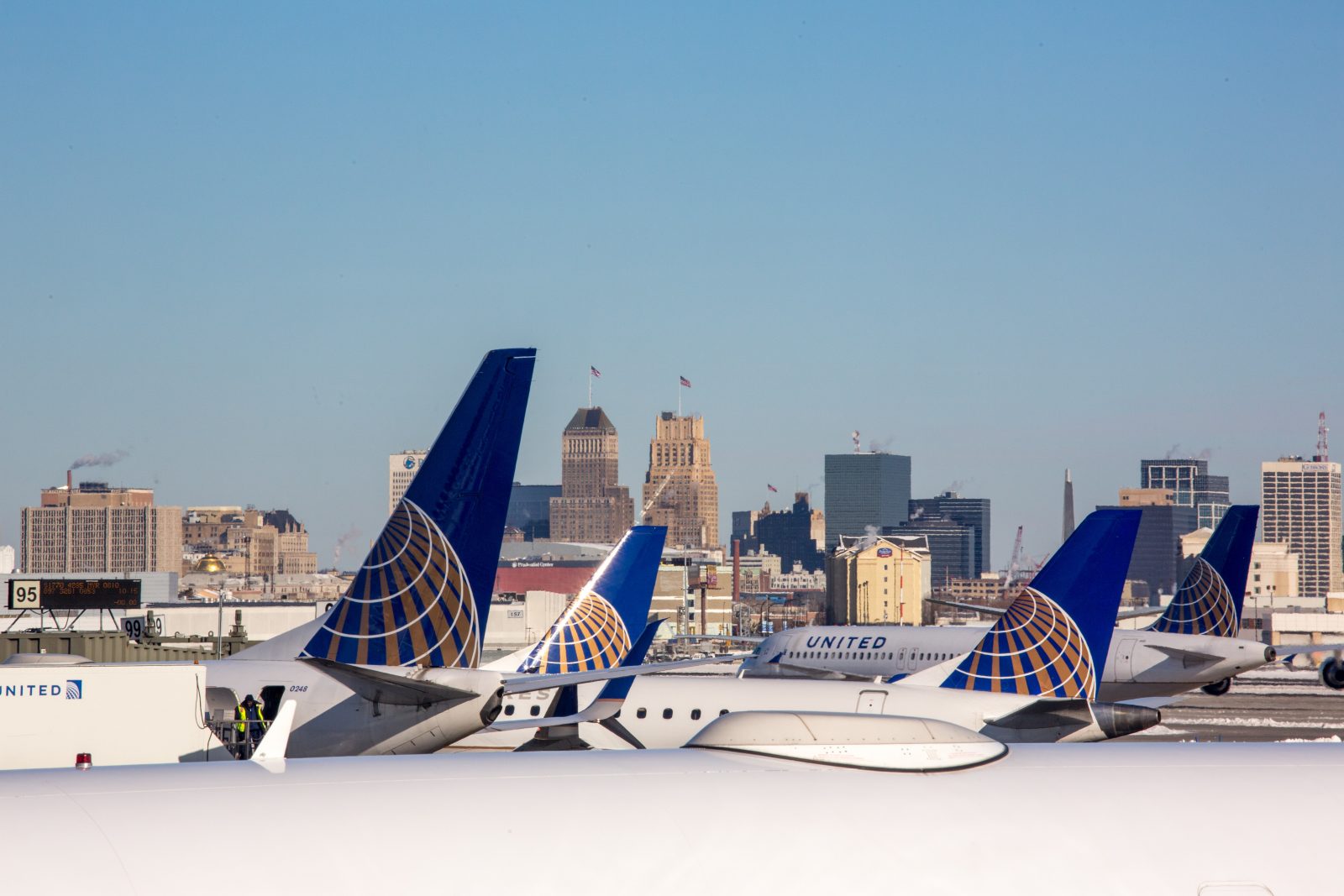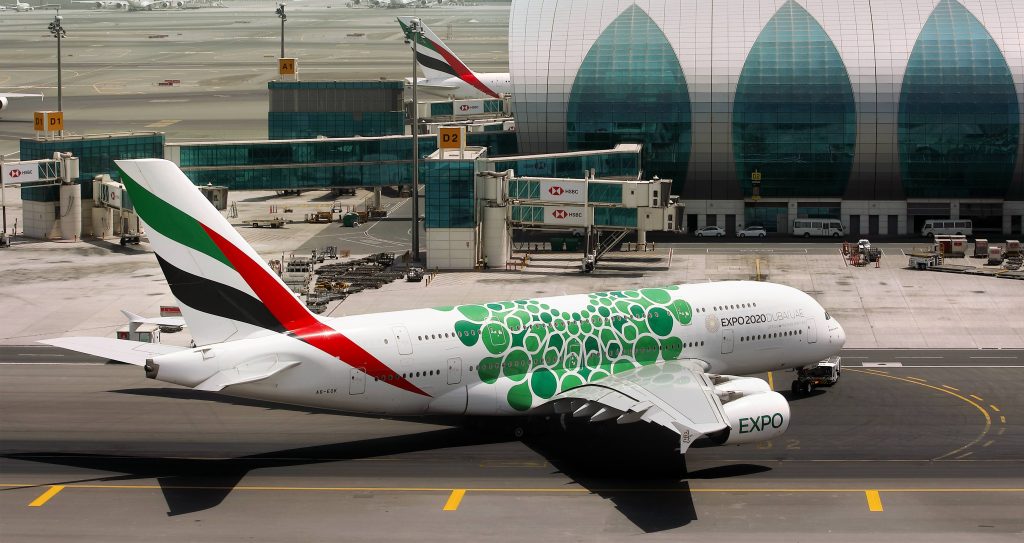
The International Air Transport Association (IATA), an airline trade body that represents around 290 airlines around the world, has more than doubled the estimated financial impact that the Covid-19 pandemic will wreak on global aviation. Previous worst-case guidance at the start of March warned airlines could see revenues drop by as much as $113 billion but that has now been upped to $252 billion – a 44 per cent drop on the revenues airlines made in 2019.
Alexandre de Juniac, IATA’s president said the original estimates had been based on a whole range of factors but did not take into account the “current blanket of travel restrictions”. In recent days and weeks, governments around the world have enforced travel bans and entry restrictions, including the likes of the United States and Australia and now Singapore and the United Arab Emirates.

“The figures speak for themselves,” de Juniac said. “The air transport industry is in its deepest crisis ever.”
“IATA has been asking governments to provide a lifeline of financial support. A liquidity crisis is coming at full speed. Revenues have fallen off a cliff. And no amount of cost-cutting can save the day if no cash is coming in the door. Without financial relief, airlines will go bust. And that could happen en masse,” he warned.
The current estimates are based on a scenario in which many of the current travel restrictions are lifted within three months. But even if that happens, IATA cautions that recovery will be much slower than first thought. Along with a loss of confidence in air travel, weakened economies and mass redundancies will also hit the sector.
Passenger demand is likely to drop by nearly 40 per cent for the full-year, with Europe and the Middle East likely to be hit the hardest.
Signs of recovery are, however, already being witnessed in the Chinese domestic market with demand slowly starting to recover. Another boon for mainland Chinese airlines comes in the form of passenger yields (how much money an airline makes on each ticket sold) starting to stabilise. Carriers in the region had been forced to slash fares to encourage demand.
IATA has previously suggested the airline industry could see a ‘V’ shaped recovery in which demand suddenly drops but then recovers very quickly once the crisis is over. The organisation based those predictions on previous outbreaks, including the 2002 SARS crisis.
However, SARS did not have nearly as much of an impact as Covid-19 has already had.
“Airlines are desperately trying to survive in the most difficult times imaginable. We have the people and the experience to see this through. But, to be perfectly frank, we don’t have the money,” de Juniac commented
“… we need governments to bridge us to the point where we can start to recover.”
Lawmakers in many countries, including the United States, are still debating bailout packages worth billions of dollars.
Mateusz Maszczynski honed his skills as an international flight attendant at the most prominent airline in the Middle East and has been flying ever since... most recently for a well known European airline. Matt is passionate about the aviation industry and has become an expert in passenger experience and human-centric stories. Always keeping an ear close to the ground, Matt's industry insights, analysis and news coverage is frequently relied upon by some of the biggest names in journalism.







